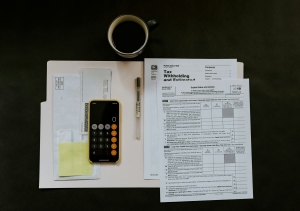My Realty Times
LOGIN
My Realty Times is your content-generating powerhouse, offering you a library of 20,000+ relevant SEO-driven articles, market reports, how-to's, industry news items, and agent features that is constantly updated with new content, and it's available to you TOTALLY FREE. Click here to create a free account and find out more.










![21% of Mortgage Offers Went to Gen X Homebuyers in 2023 [New LendingTree Report] [New LendingTree Report]](/media/k2/items/cache/52b224be2921066656928bea6ef1574e_M.jpg)









